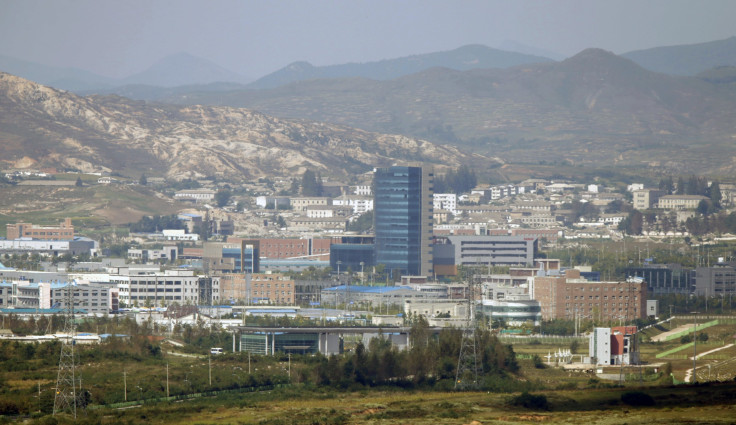South Korea To Penalize 3 Firms For Agreeing To North Korea’s Wage Hike Demand

South Korea announced Tuesday that it would punish three firms for agreeing to Pyongyang's wage hike demands and paying more wages to North Korean workers at the Kaesong joint industrial zone.
Despite government orders to not be pressured by North Korea, three South Korean companies had paid the increased wages to their North Korean workers, and are now expected to face penalty for their move, the Agence France-Presse (AFP) reported.
According to a 2004 agreement, employment conditions in Kaesong can only be adjusted if both countries reach a mutual agreement. But the North unilaterally announced a wage hike in February for more than 50,000 North Korean workers employed by South Korean firms in the disputed industrial zone near the inter-Korean border.
“They will face administrative punitive action for complying with North Korea's unilateral demand,” a Seoul government official told the AFP.
Under the North’s wage hike proposal, 124 South Korean small- and medium-sized firms in the Kaesong zone were required to raise the minimum wage of their North Korean workers by 5.18 percent to $74 a month starting in March, Yonhap news agency reported.
While a representative from a group of South Korean businessmen with factories in Kaesong said that the North has extended the deadline to pay the increased March wages until April 24, Seoul said it does not accept the unilateral move.
“There is no change in Seoul's stance that the wage dispute should be resolved through consultations,” Lim Byeong-cheol, spokesman for the South Korean Unification Ministry, reportedly said at a press conference on Monday. “We plan to come up with measures to minimize any potential damage to South Korean firms, such as providing them with financial compensation.”
© Copyright IBTimes 2024. All rights reserved.












